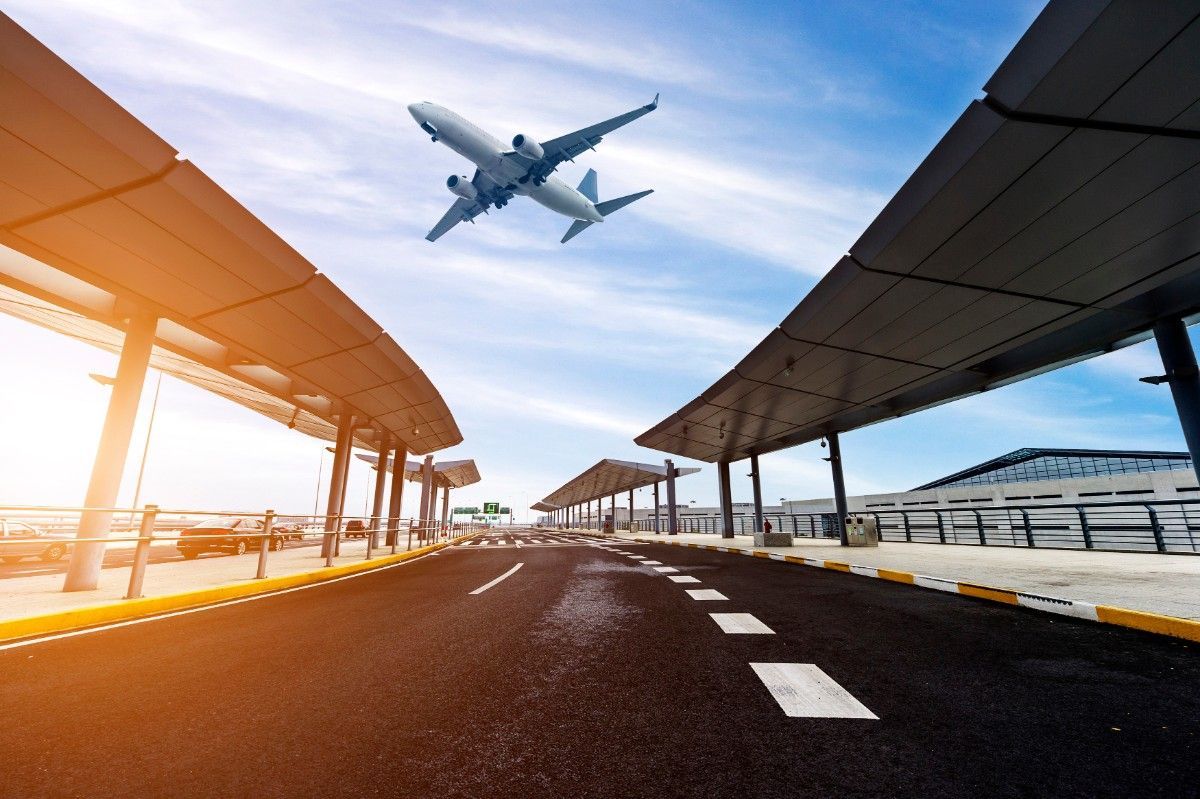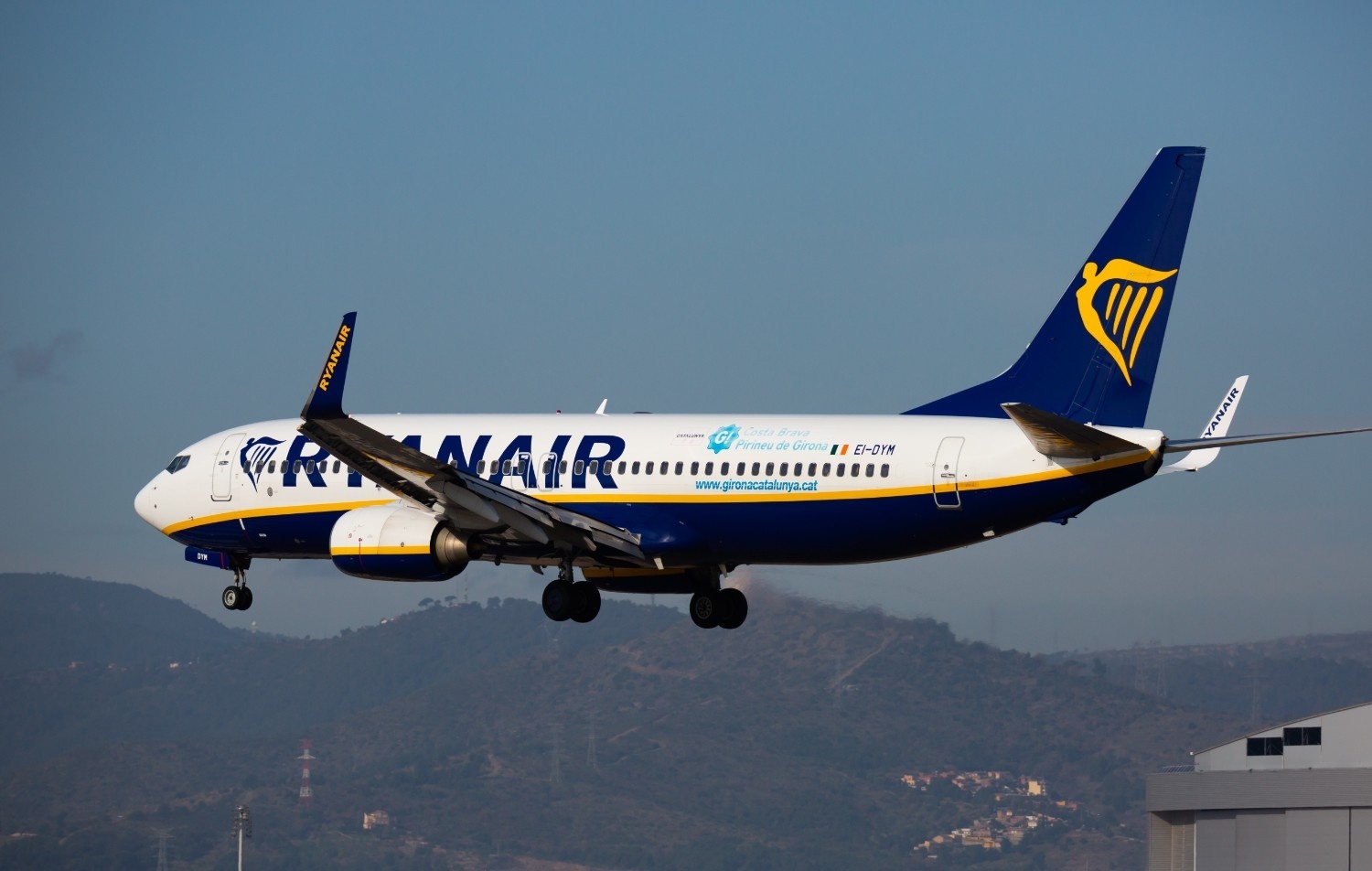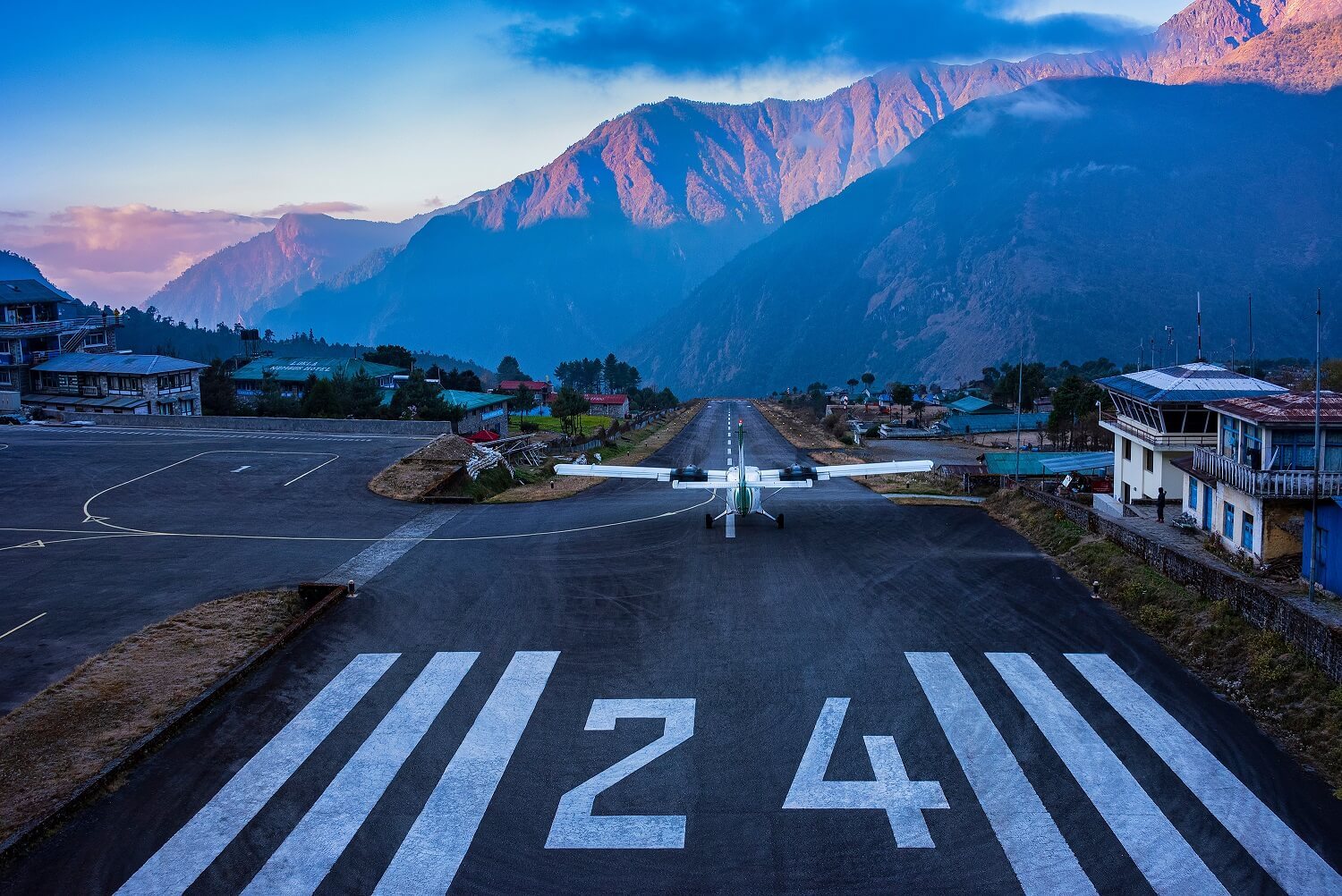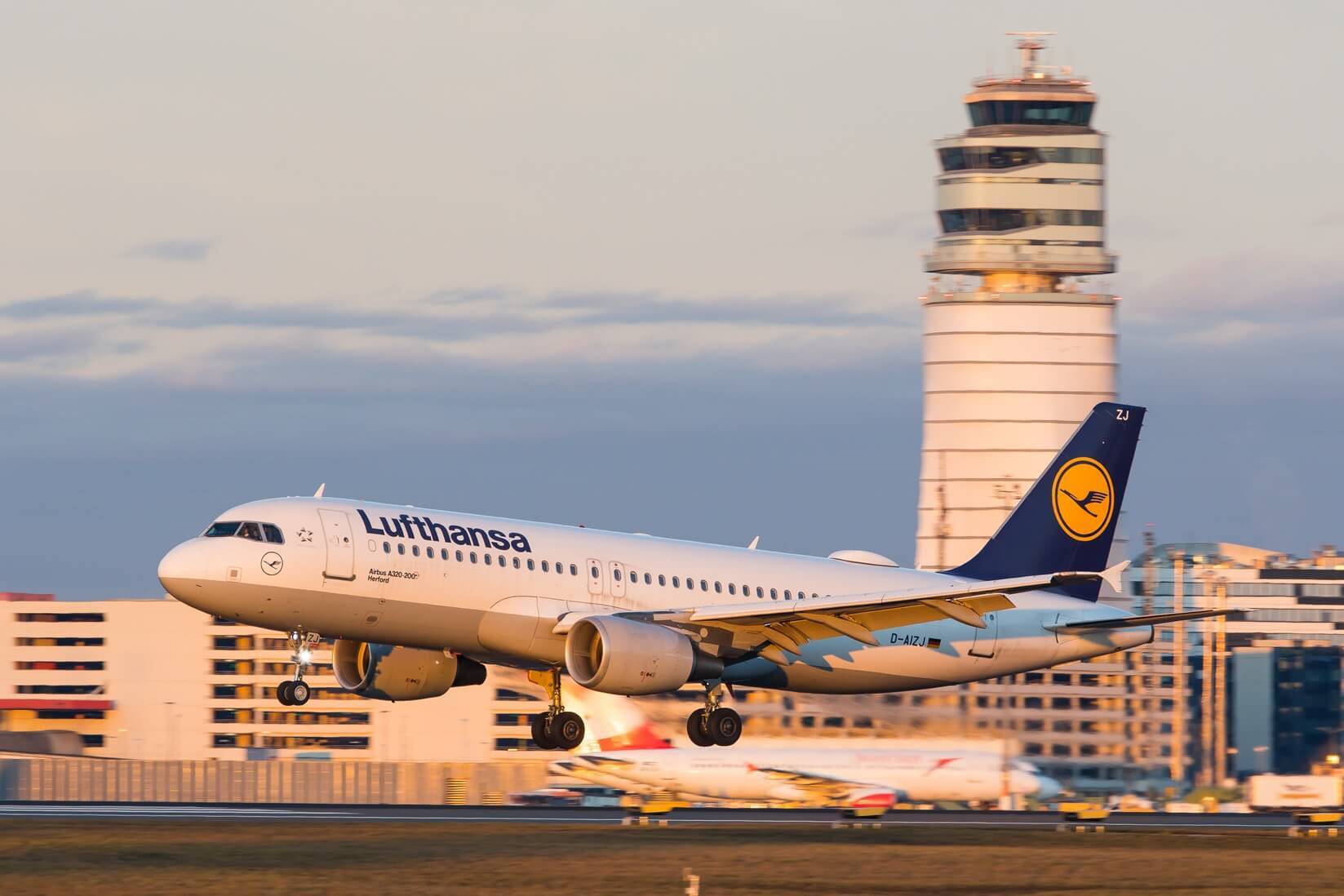Can you sue the weather? Legal limits of delay claims

You’re sitting in an airport lounge after your flight has been delayed for five hours. The cause? Thunderstorms over your departure airport. You’ve missed your onward flight, your appointments are forfeit, and that hotel you’d booked is non-refundable. You’re frustrated and you have every right to be. But can you sue someone for this? Can you sue… the weather?
The short answer is no, you can’t sue Mother Nature. But the longer answer is more complex. In the fast-evolving world of air passenger rights, where the law is anything but straightforward, weather is one of the more common arguments for flight delays. It’s also among the most highly contested.
Weather is an excuse commonly used by airlines to deny you compensation, despite the fact that an actual delay may have been exacerbated by many other non-force majeure (or liable) problems such as bad scheduling or slow response. So, what are the laws as they actually exist? And where do the legal frontiers lie when you are pursuing compensation for when the skies plot against you?
The weather as “extraordinary circumstances”
In the European Union and the United Kingdom, air passenger rights are defined by Regulation EC261 and its UK equivalent post-Brexit. This rule gives passengers the right to receive monetary compensation for their flight if said flight is delayed for a long time, cancelled, or overbooked unless something extraordinary has occurred.
Climatic conditions are one widely accepted case of such exceptional circumstances. If your flight is delayed because of a snowstorm, lightning, or hurricane, and you have to wait for hours in the terminal or on the tarmac, the airline isn’t generally required to pay you anything, even if the delay is exceptionally long. The reason is simple: airlines can’t control the weather. But in application, it is an argument that can be exploited.
The grey areas
While extreme weather is obviously the work of forces outside human control, not all weather events are of the same order. Rain coming down lightly to cause a delay? An unexpected summer storm that had been predicted days ago? In such cases, airlines might still invoke “extraordinary circumstances” to avoid payouts — but the courts and enforcement organizations have increasingly pushed back.
At the heart of some of the key legal precedents and debates are:
Foreseeability: If the airline could have seen the weather coming and didn’t make a timely shift to operations, is it still extraordinary?
Airline readiness: Was the airline well-staffed and equipped to handle expected weather?
Localized vs. regional weather: The claim may not hold if, for instance, the weather only affected a small part of the route, and other airlines were operating.
Courts are starting to rule in favor of the passenger in a growing number of legal cases if it is determined that the airlines used weather as an excuse for operational deficiencies.
Legal action: The actions you can (and can’t) take
Nope, you can’t sue the weather. But you can question the airline’s assertion that weather was the only or principal cause of the disruption. Here’s what you can do:
Ask for extensive documentation: Demand the airline show evidence that the weather was the direct cause of the delay or cancellation.
Compare with other flights: Were other flights (from the same airport or airline) similarly impacted? If they were not, that could be a red flag.
File a claim: Even if you believe weather was a factor, file for compensation. Airlines must reply and justify when they reject.
Escalate to enforcement bodies: If your claim is denied, you may also file a claim with a national enforcement body or an ombudsman, particularly in the EU/UK.
Get legal or claims assistance: A legal service can help with flight compensation, and you might be able to bring a case in return for a cut of the payout.
Outcomes vary, but plenty of passengers have been successful in pushing back against the “weather excuse” where the evidence of airline mismanagement is in plain view.
It sounds like the laws in the United States are different. The U.S. Department of Transportation (DOT) does not mandate that airlines pay us for delays — or anything else for that matter, weather-related or otherwise. But DOT does mandate that airlines offer timely information, and in some cases assistance such as rebooking flights or hotel stays.
While lawsuits in the U.S. over flight delays are uncommon, both class actions and consumer protection claims have been used to punish particularly “egregious” behaviour like poor customer service and mistakes around disruptions.
The future: More transparency, better tools
There could be a time in the future when technological development changes the legal regime for weather-related delays. Real-time tracking of flights, predictive analytics, and detailed weather information are all making it easier to double-check whether a delay really was unavoidable.
And as the climate crisis makes these weather disruptions more frequent and severe, those questions will only become more urgent.
You can’t sue a weather system, but you can insist that airlines are transparent and prepared, and that when avoidable failures lurk behind a storm cloud, someone is held accountable.
Storm-related delays will always be part of air travel, but case law is getting more sophisticated about not letting the “extraordinary circumstances” loophole become a catchall for allowing a carrier to avoid compensating passengers for any delay. For passengers, the best defence is awareness and the refusal to take no for an answer when the airline’s story doesn’t quite make sense.
Latest posts
Ryanair goes paperless – What this means for your next flight
Ryanair ends paper boarding passes on Nov 12, 2025. Travelers must use the myRyanair app for check-in and boarding.
Flight delays and cancellations in August 2025
Check which flights were delayed in August 2025 – you may still be entitled to claim up to 600 € in compensation.
Flight delays and cancellations in July 2025
Check which flights were delayed in July 2025 – you may still be entitled to claim up to 600 € in compensation.












